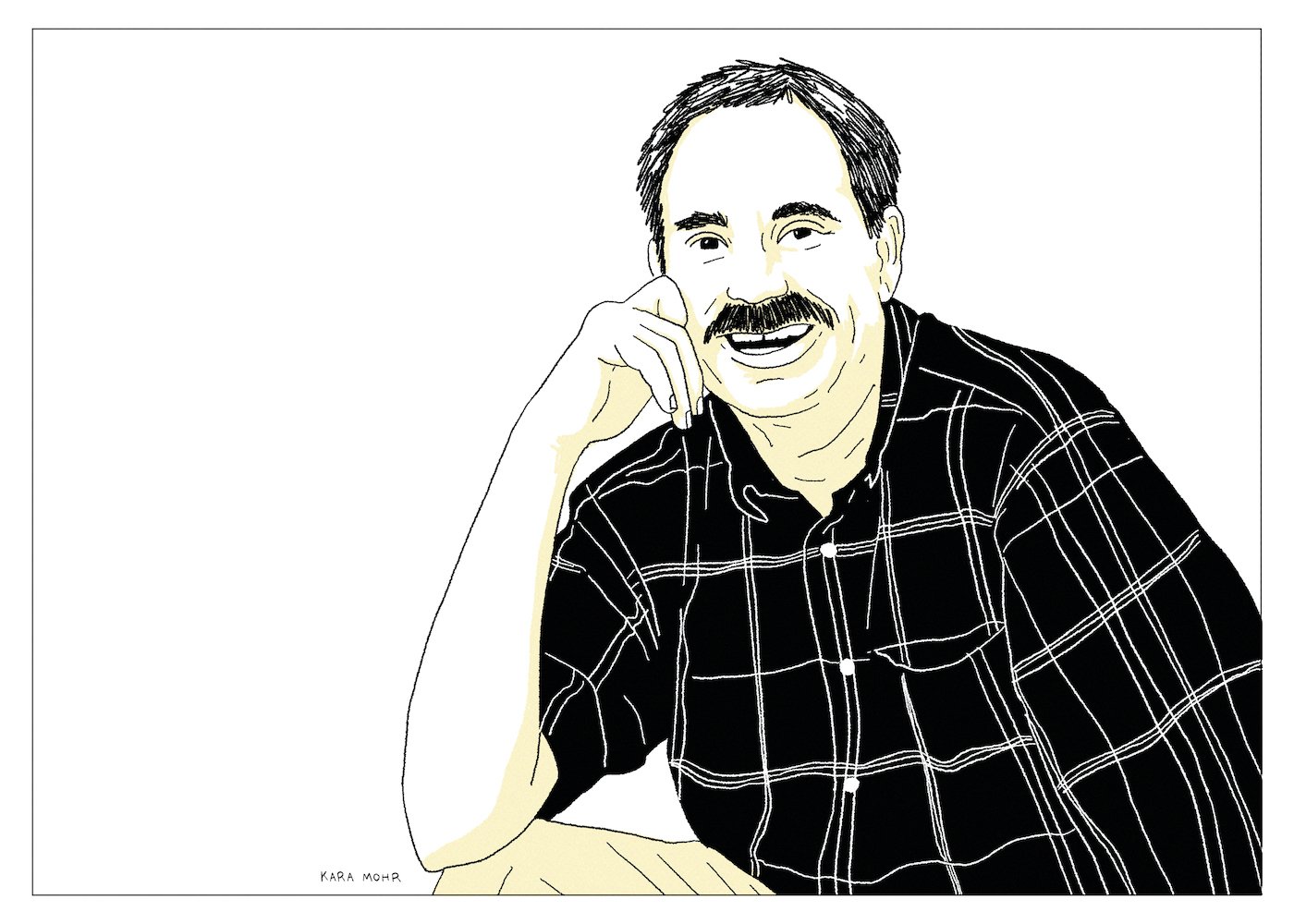
Dan Quisenberry “Poetic Relief”
Quiz was in no way physically exceptional. He looked the opposite of imposing, like somebody who spent more time reading than working out. His hair was brownish red and thinning up front. And his mustache was thick, wide and furry. Frankly, it was adorable. Whereas Rollie Fingers’ stache was a cursive distraction and Goose Gossage’s was pure intimidation, Dan Quisenberry’s mustache looked like the fourth member of Alvin and The Chipmunks. He couldn’t hit ninety on the radar gun. And he wrote poetry on the side. No matter how out of place he seemed in his Royals’ uniform, though, it was nothing compared to his delivery. The “submarine pitch” had been around for most of baseball’s history, but nobody threw it quite like Dan Quisenberry. He’d drag the fingernails on his right hand near the ground while hurling his right foot two yards towards third base and hopping his left foot two feet from the rubber so that he could somehow, miraculously, regain his balance. Meanwhile, the pitch would go down and then up and then down and to the left. It was nothing short of a miracle. All of it.
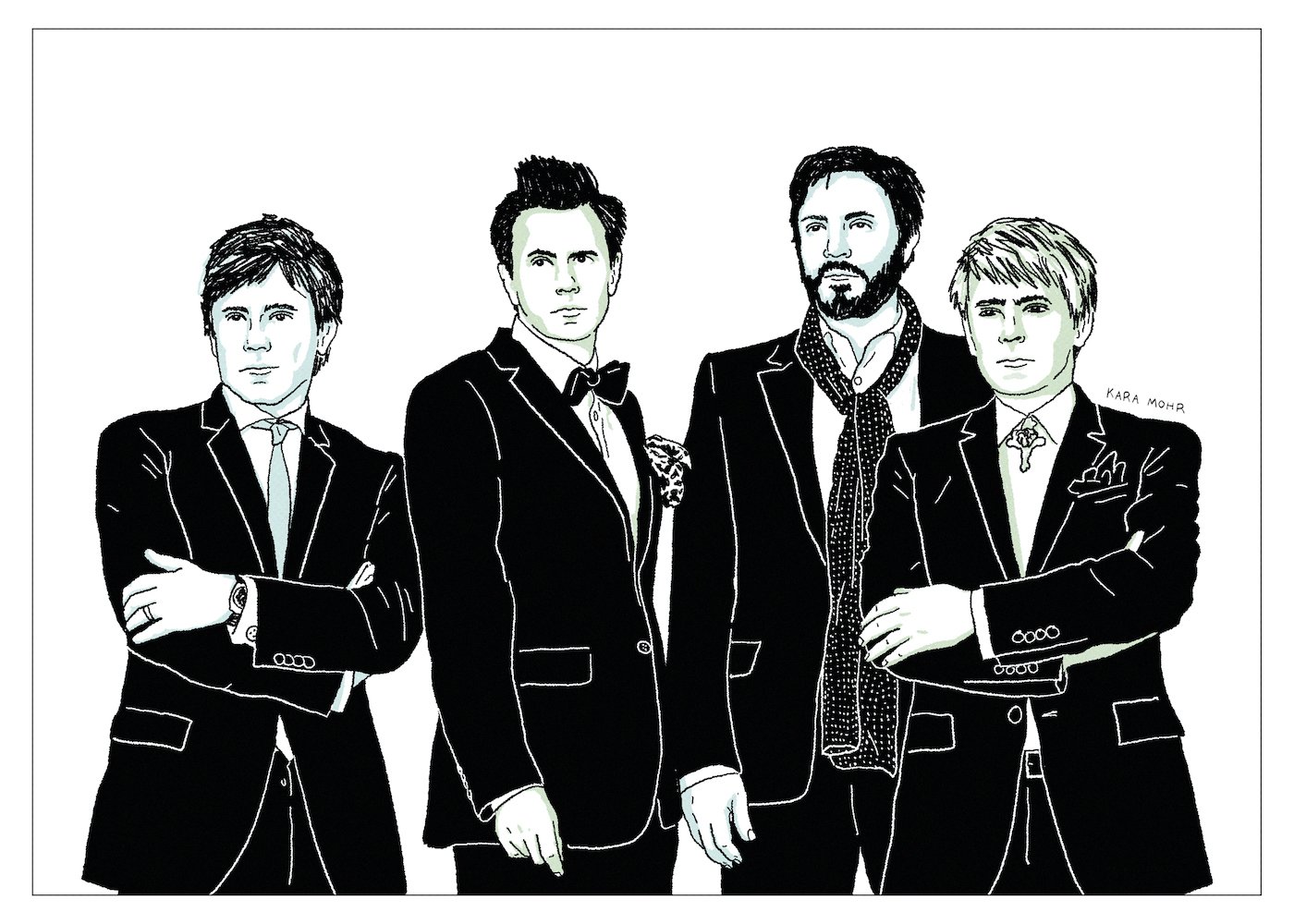
Duran Duran “All You Need Is Now”
By the time Duran Duran tired of their plight as Tiger Beat cover boys, it was too late. They would never be Chic meets Roxy Music, with a dash of The Sex Pistols. The corner of the world that they dreamed of had been claimed by New Order, The Cure and The Smiths. They were doomed to be Pop stars. And they could not tolerate it. After half a decade of fame, fortune, drink, drugs, and screaming girls, they splintered, and then buckled. And they’ve spent roughly the last forty years trying to put things back together — carefully toeing the line between looking back and looking forward. Their efforts included a forgettable covers album, a reunion of The Fab Five and a collaboration with Timbaland. But nothing worked. It increasingly seemed that Duran Duran would be remembered as one of the greatest Pop bands from the greatest moment in the history of Pop — and nothing more. Until, one day, Mark Ronson dared to wonder: “What if that moment returned?” Or rather, “What if we could recreate it? What if, thirty years later, we made the follow-up to “Rio?”
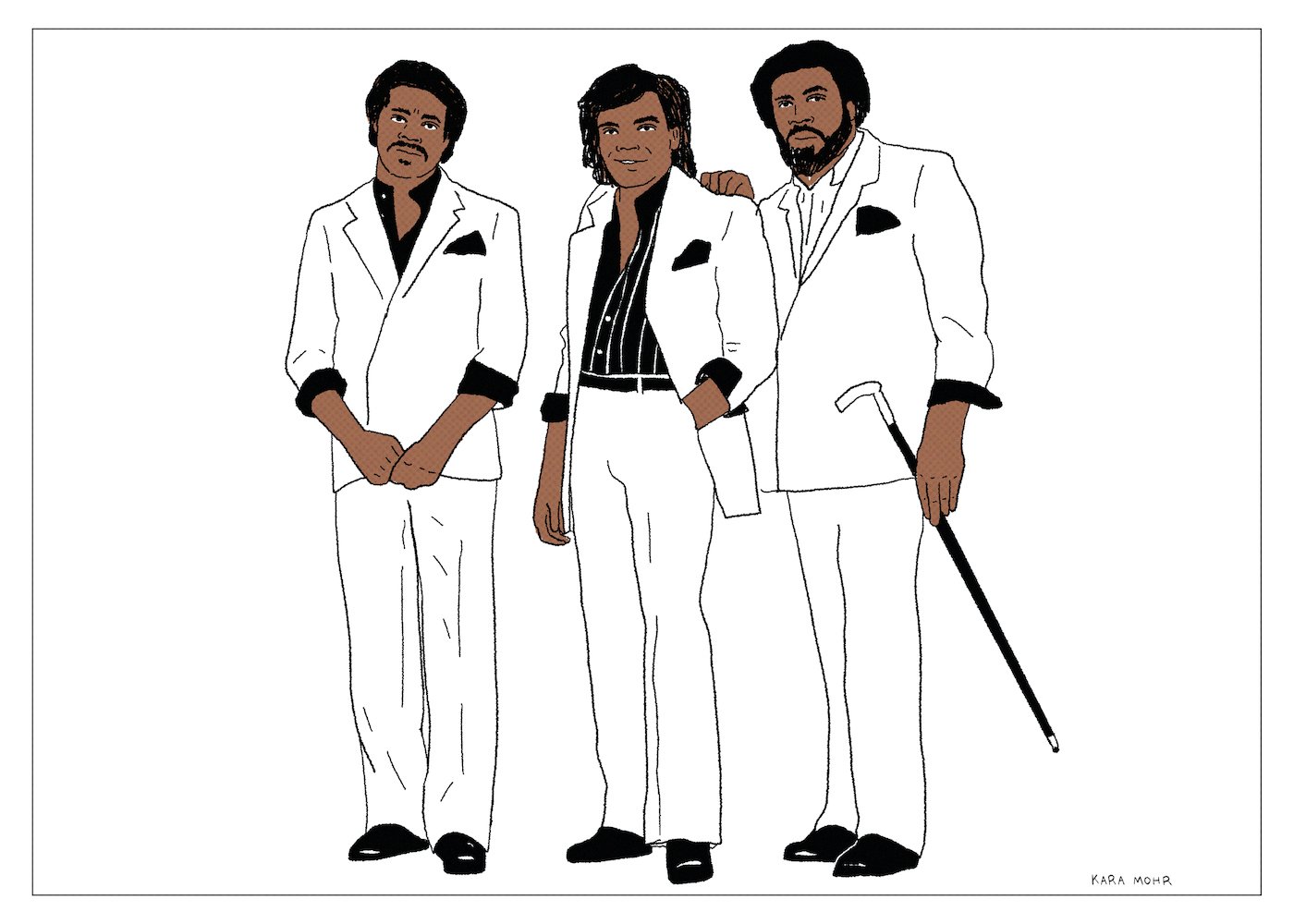
The Isley Brothers “Masterpiece”
In response to Marvin Gaye’s third act and to Luther Vandross’ debut, The Isley Brothers began to move away from Funk and Disco. “Between the Sheets,” from 1983, was a massively successful turn to the bedroom, but also the last album to feature all six Isley Brothers (counting in-law, Chris Jasper). Mounting debt and creative tension ultimately led to the departure of the younger trio, leaving the middle-aged brothers to carry on. Without Ernie’s electric guitar or Chris’ writing and arrangements, however, change was inevitable. Their eventual pivot, entitled “Masterpiece” and released in 1985, featured the three senior Isleys on the cover wearing tuxedos. Ron is seated on a red velvet and gilded chair that looks a lot like a throne. Rudy is standing stage left, holding a regal walking stick. Eldest brother, Kelly, is stage right, mustached and assured, even as he approached sixty and was beginning a battle with cancer. The title and the cover of “Masterpiece” said precisely what they needed to say: classy, but still a little horny.

Ric Ocasek “Nexterday”
Ric Ocasek’s life after The Cars included a series of charming, lower stakes solo albums in between gigs as a “record guy.” For most of the 90s, he was a talent scout for Elektra Records and an elite producer for hire. But with Weezer’s “Blue Album,” Ocasek graduated from producer to “super-producer” — which meant he could do whatever he wanted, including making albums for Le Tigre and Brazilian Girls. It also meant that he could write poetry and paint and be the husband of a supermodel. He trimmed the New Wave mullet an inch or two, and maybe he added some lines to his face, but he still hid under the shades and bangs. He still wore oversized tops, buttoned all the way up. And he still had that odd earring dangling. In contrast, by 2005, Blondie was a nostalgia act. David Byrne was more high art than Pop. Sting made listless world music. And Duran Duran survived through the wonders of modern medicine. But Ric Ocasek, it seemed, had won. He’d done what Joey Ramone and Tom Verlaine never could -- stay weird and thrive. All of which makes his final solo album, “Nexterday,” hard to explain.
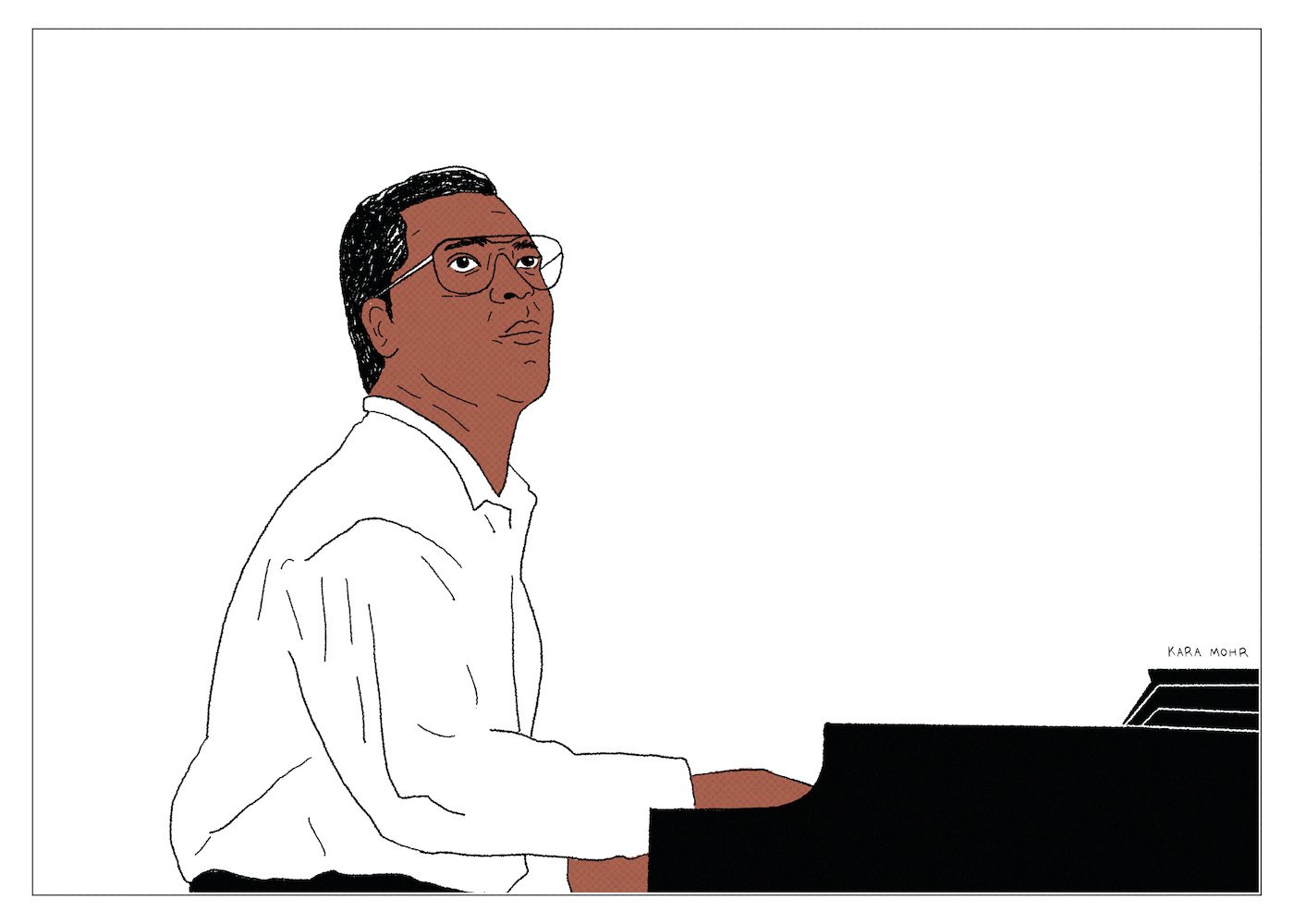
Booker T and the M.G.’s “That’s the Way It Should Be”
We are living in the golden age of music documentaries. In the last year alone, we got “Get Back,” “The Summer of Soul” and “The Velvet Underground.” Before those, there was the one about Ronnie James Dio and the one about Sparks and the Alanis one and the Poly Styrene one and, oh, that Karen Dalton one. It seems like every year, as part of the battle for streaming service supremacy, we get dozens of new additions to the canon. But the one that, for some reason, has yet to be made is the one about the bi-racial house band for Stax Records who made Otis Redding sound like Otis Redding and who were, in their own right, among the most important, but least documented, bands in R&B history. In 1994, seventeen years after their “last” album, they returned to make it final. Even in middle-age, Booker T. and the M.G.’s were flawless but soon forgotten.
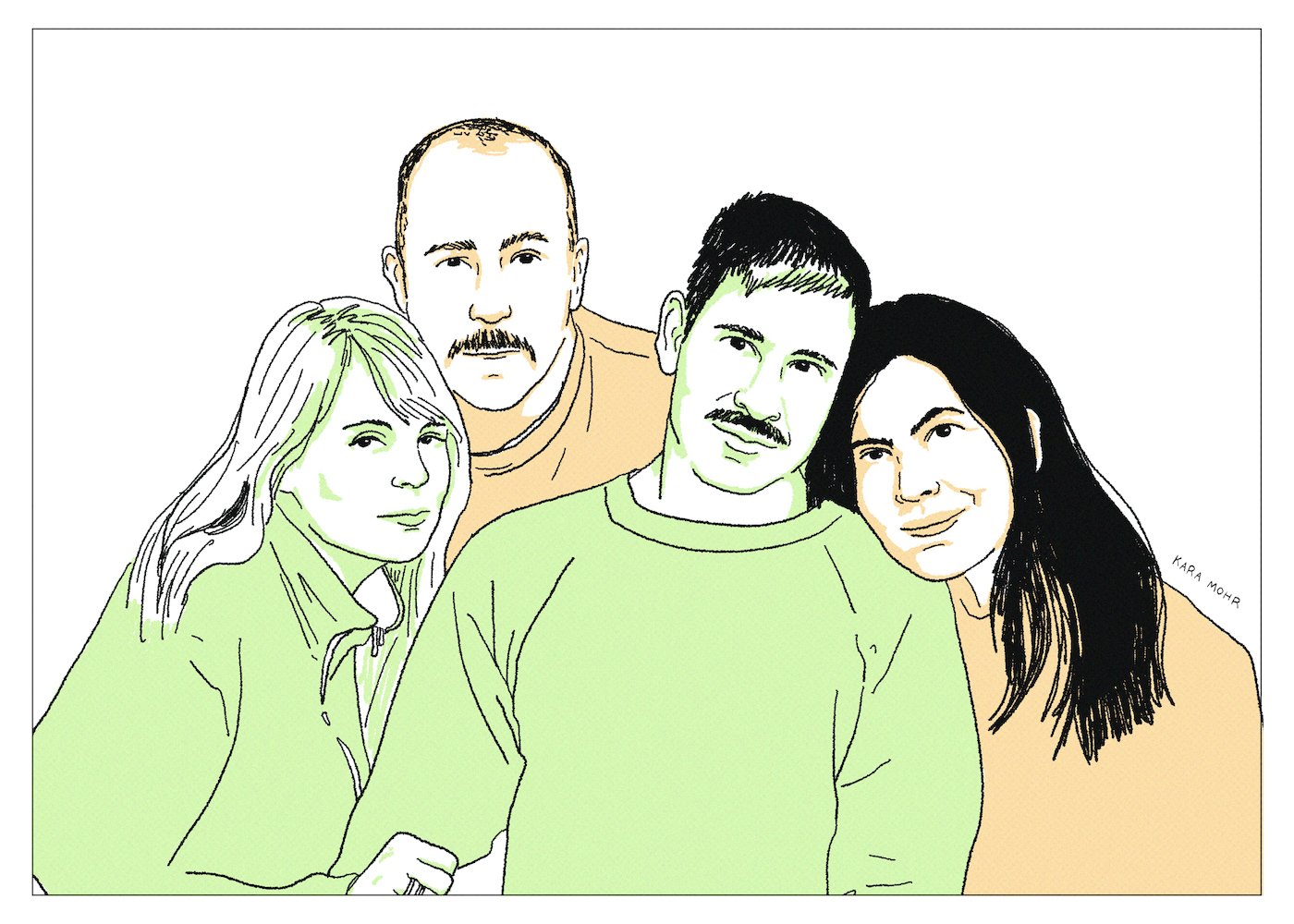
Imperial Teen “Feel the Sound”
By any reasonable standard, they never should have survived. All of those nineties “Buzz Bin” bands are gone. Fastball. Gone. Harvey Danger. Gone. Semisonic. Technically not gone but also gone. Marcy Playground. Either buried deep or gone. But Imperial Teen — the gender equitable, semi-queer group, who that sounded like ABBA if they’d swallowed The Pixies and who had that guy from Faith No More — kept going. Even after their first can’t miss single somehow missed. Even after they moved away and got other jobs and had kids. Even after their record sales dwindled. Even then, they’d get back together and make near perfect records full of bratty swagger, three part harmonies and hooks for miles. They’re the secretly Pop band who refused to get popular but also the Twee Indie act who never cowered. Which makes them a minor miracle.

Jim Palmer “The Unnatural”
In 1991, just months after forty-three year old Nolan Ryan had thrown yet another another no-hitter, but six years after forty-nine year old Jim Brown was bested by Franco Harris in the forty-yard dash, Jim Palmer was making a comeback. The former Orioles great was forty-five at the time and already a member of the baseball Hall of Fame. To some, the decision only confirmed their long held view: That Palmer was vain — a genetically gifted prima donna who required outsized attention. Fans, meanwhile, knew the the other Jim Palmer — the one who’d who’d spent decades playing through pain, getting booed and doubted, while still delivering pennants for the O’s. They saw the return as the last comeback in a career of comebacks for an unnaturally great pitcher who — yes — happened to resemble “The Natural.”

Lyle Lovett “Release Me”
Has there ever been someone so completely reliable as Lyle Lovett who looked so completely dodgy as Lyle Lovett? One of his eyebrows is perpetually raised while the other sits still. His mouth turns down in one corner while the other side purses. When he smiles, it looks like he’s in pain. And don’t even get me started with the hair. On the most superficial level, he does not look like a guy you can trust. And yet, by the 1990s, it was settled fact: Lyle Lovett is completely trustworthy. See the piles of four star reviews. The six straight Gold (not Platinum, because that would be too showy) albums. The four Grammy wins. And the fact that, in 2012, when he was making his “contractual obligation album” — the thing that is supposed to be resentful and perfunctory — he was still impossibly mannered and listenable. Turns out that Lyle Lovett is the exact opposite of dodgy.
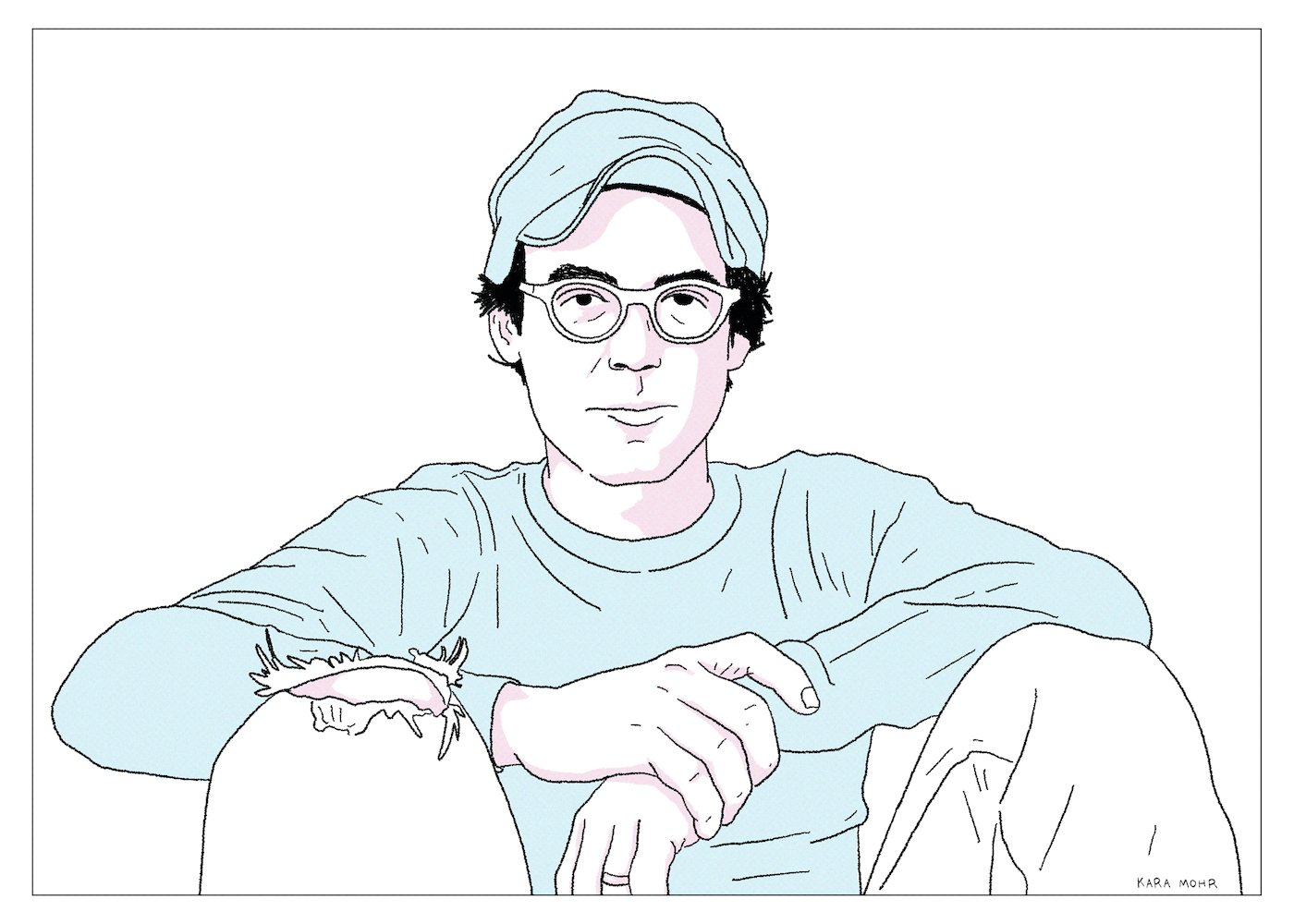
Clap Your Hands Say Yeah “The Tourist”
Twelve years after Pitchfork landed on his head, Alec Ounsworth was still making music as Clap Your Hands Say Yeah. And while he may not have been the first guy to go straight from the basement to the main stage, he was likely the first one to do so without a record deal. Ounsworth was never exactly famous, but he is famously introverted. And that disposition led him from the brink of stardom to a career of relatively minor albums and concerts inside the living rooms of fans. At forty, married and with a daughter, but still proudly without a record label, Ounsworth reconstituted CYHSY to sing us some songs about middle age ennui. “The Tourist” is almost exactly what its title promises and mostly what long time fans were hoping for. Ten oddly melodic, predictably anxious tunes about an introvert who wants to be seen almost as much as he needs to disappear.

John Fogerty “Revival”
Truth matters. Of course. But on the other hand — and especially in the curious case of John Fogerty — who the hell knows? Was he the Mark Twain of his generation or the Atticus Finch or was he just the guy who connected the musical dots between Ricky Nelson, Little Richard and Neil Young? How did the man who was once our answer to Paul and John just one day just disappear? As spectacular as Fogerty’s early run with Creedence was, everything that followed seemed like an unsorted mess. Seriously, what happened? Was he impossible to deal with. Did his muse dry up? Why was he always in court? Who was the hero and who was the villain? Time resolved some things. Lawsuits were settled. Contracts expired. People died. And, of course, John Fogerty had his beloved, if still perplexing, second act.
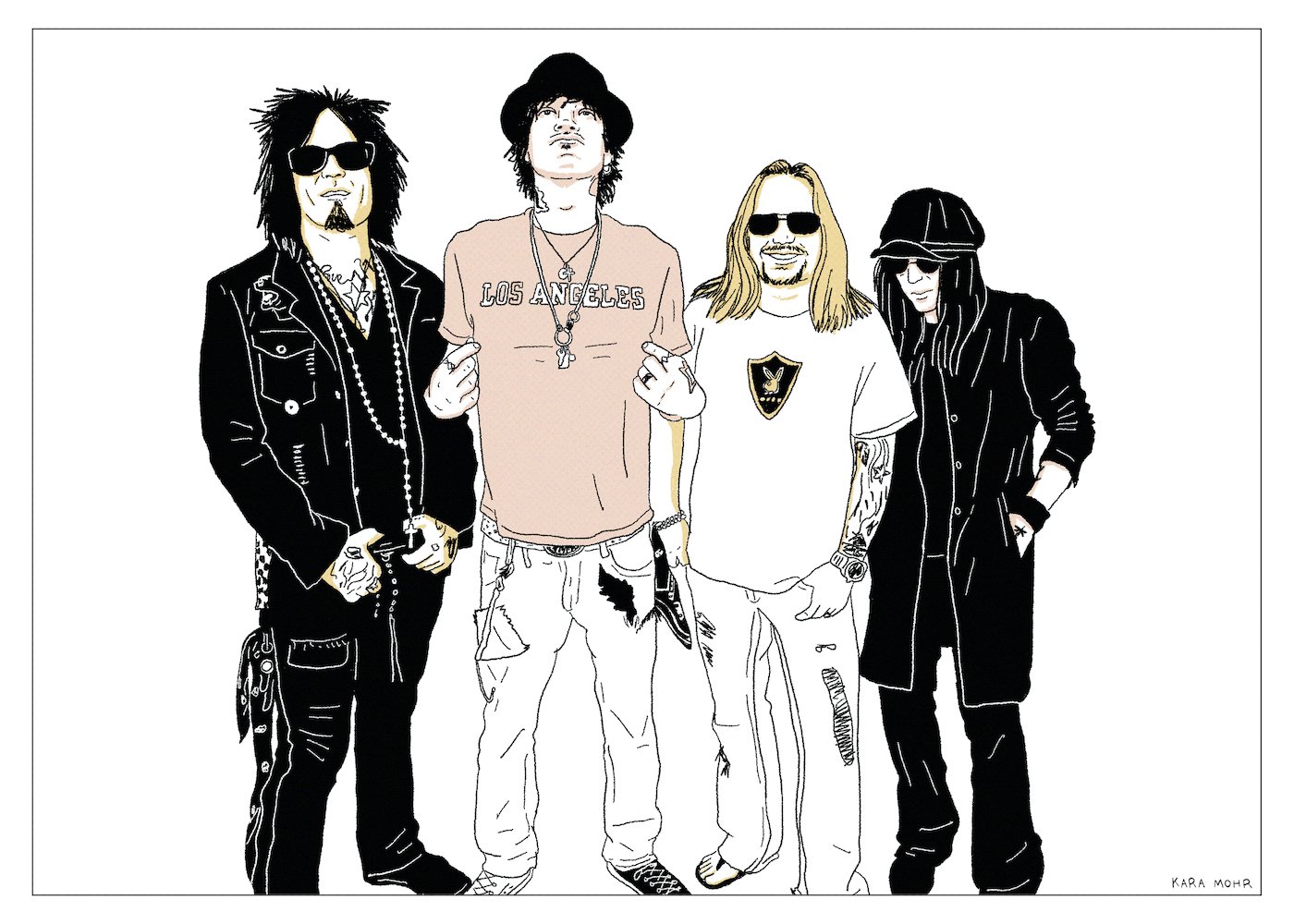
Mötley Crüe “Saints of Los Angeles”
Two bands. Both inspired by The New York Dolls. Both with silly haircuts. Both with bassists who died, though only one of whom stayed that way. Both famous for leaving destruction in their wake. Both accused of nihilism. Both the subjects of gossip, books, movies and films. One was born in 1975 and, for the most part, was done by 1978. The other formed in 1981 and, though they’ve said farewell numerous times, is still going to this day. One of these bands is thought of as high art. Scholarly tomes obsess over them. Meanwhile, the other band -- the generationally popular one -- is the butt of jokes. One is English and enthralls me. The other is Californian and confounds me. The more I considered the two bands, separated by critics and 5,437 miles, the more I had to confront the idea that their Sex Pistols might be our Mötley Crüe.
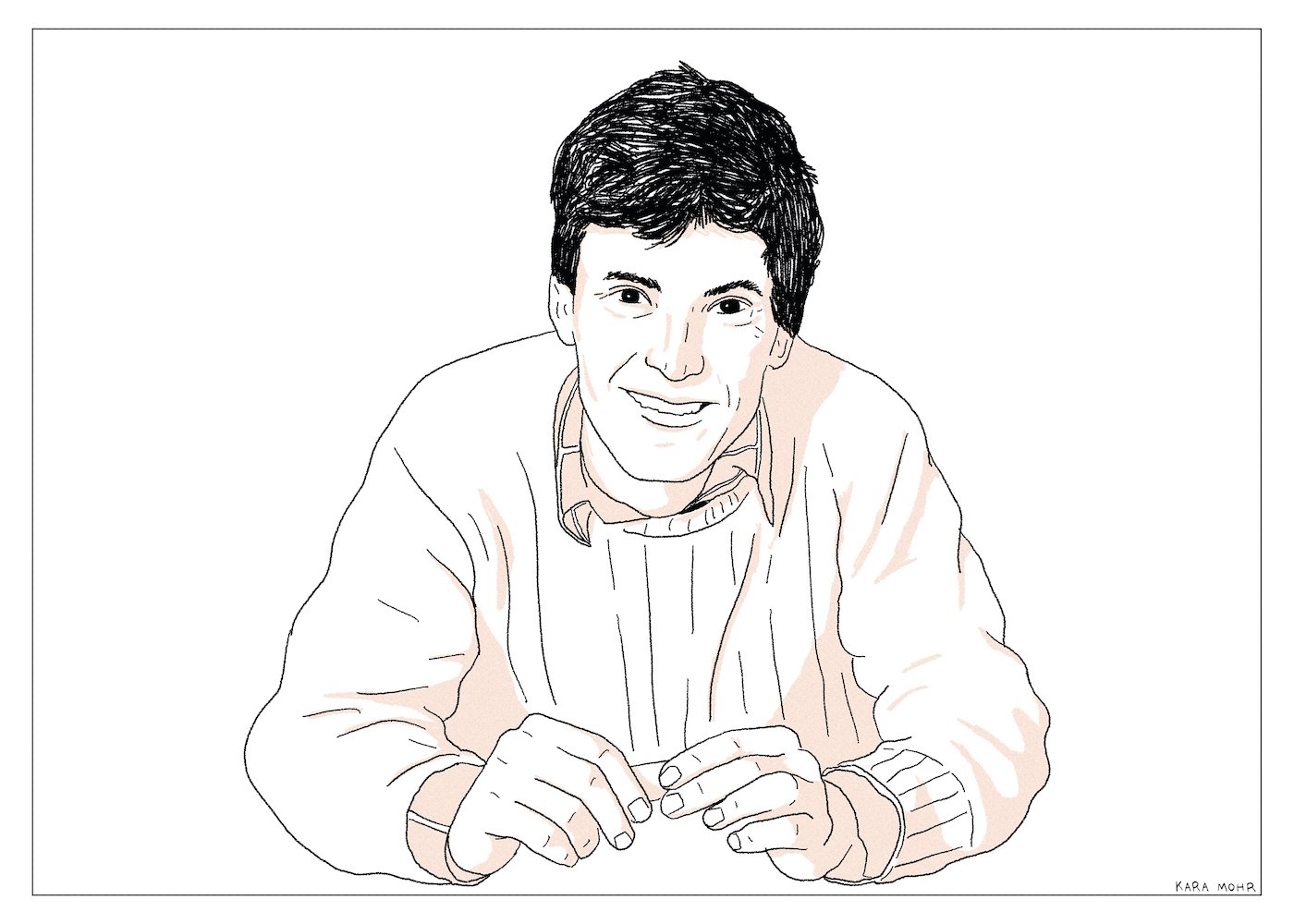
Steve Winwood “Roll With It”
In the second half of the 1980s, while we were happy to have luxury sedans in our garages and gas at the pump, there was still a sense of longing. Was it for JFK? MLK? The counterculture? Whatever the cause, our collective ennui — even as the economy boomed and the Cold War thawed — was unmistakable. We knew it, but we couldn’t place it. And so, we had questions. Fortunately for us, Bono had answers. So did Phil Collins and Sting and Bruce and Neil and, surprisingly, Don Henley. Our beloved Amnesty rockers, celebrated in the pages of Rolling Stone, sang with purpose. All of them, except for Steve Winwood, who opted for New Wave, Blues Brothers fare and farming in The Cotswolds. While his esteemed peers were consumed with importance, the most talented member of the bunch quite literally told us to roll with it.

Weezer “Weezer (White Album)”
Whatever twentieth century Weezer suggested, twenty-first century Weezer signified something else. According to their critics, each successive model of the band represented another victory for irony over vulnerability; a validation of generic Pop Punk and the commodification of Emo. They meant that Blink 182 and Sum 41 and Fallout Boy were the winners. Worse still, it seemed like Rivers Cuomo either embraced it all or just did not care. It was an unmistakable betrayal — like in “Revenge of the Nerds 3: The Next Generation,” when nerd-king Lewis Skolnick grew a ponytail and fraternized with the Alpha Betas. “Everything Will Be Alright in the End” (2014) was Weezer’s promise to be “good” again — a full-throated apology everything that happened after “Pinkerton.” But here’s the thing about promises: they are much easier to make than they are to keep.
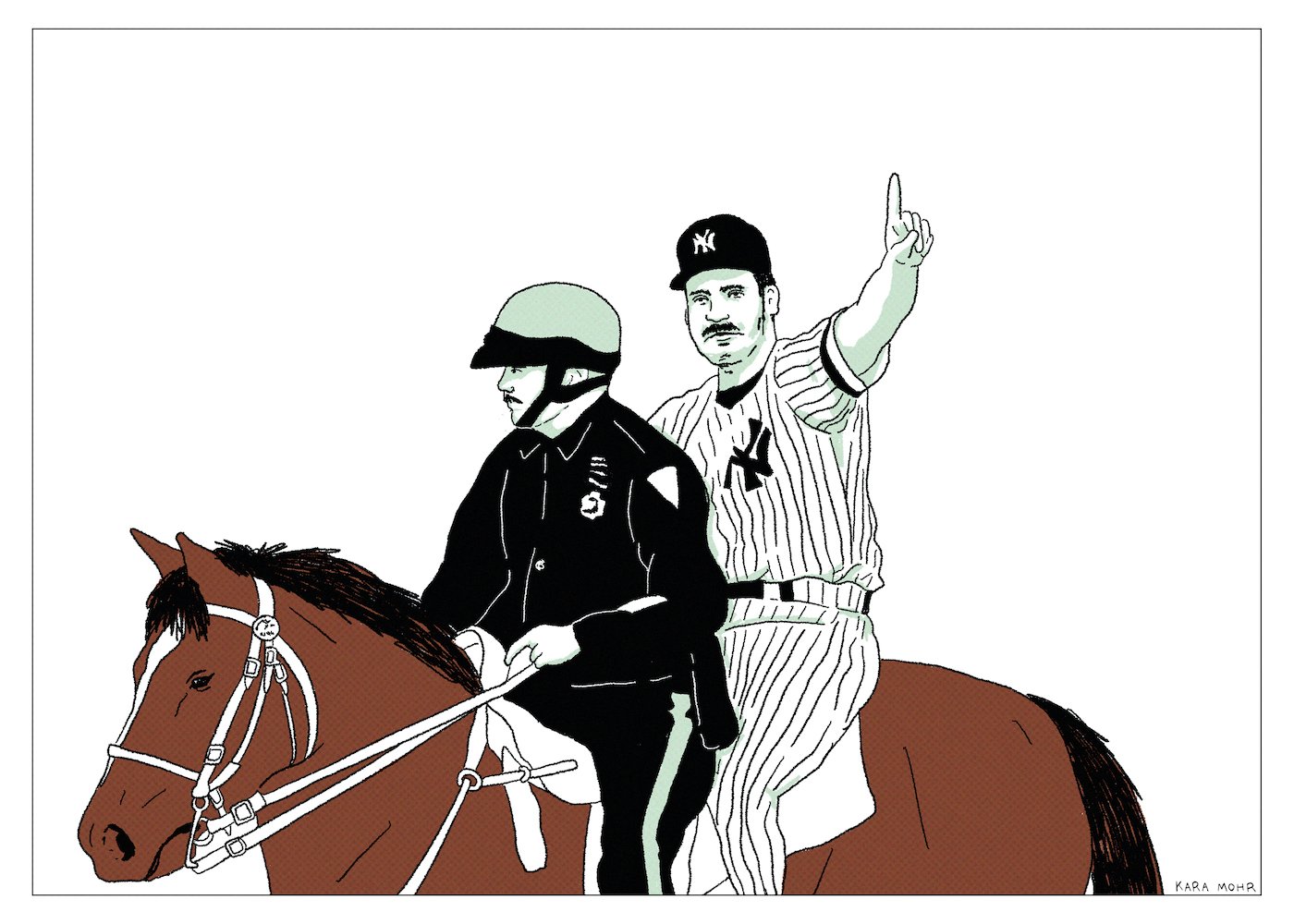
Wade Boggs “The Visible Man”
Wade Boggs told the world many stories. That he twice saved his own life by turning invisible. That he once drank 107 beers on a cross-country flight. That his baseball hitting prowess was aided by poultry consumption. That he was a New York Yankee. But, what was the truth? Was he delusional? Was he magical? Was he just a neurotic with astounding hand-eye coordination? One thing is certain: it must have been hard work to become Wade Boggs. Willie Mays and Joe DiMaggio were beloved for making baseball look so easy. Wade Boggs, on the other hand, had to hit Dave Stieb sliders and check his watch to see if he could end practice on a 7 and trace Hebrew good luck charms in the dirt and find missing pennies in the dirt near The Green Monster. He did that, every game of every year, while also hitting .330.
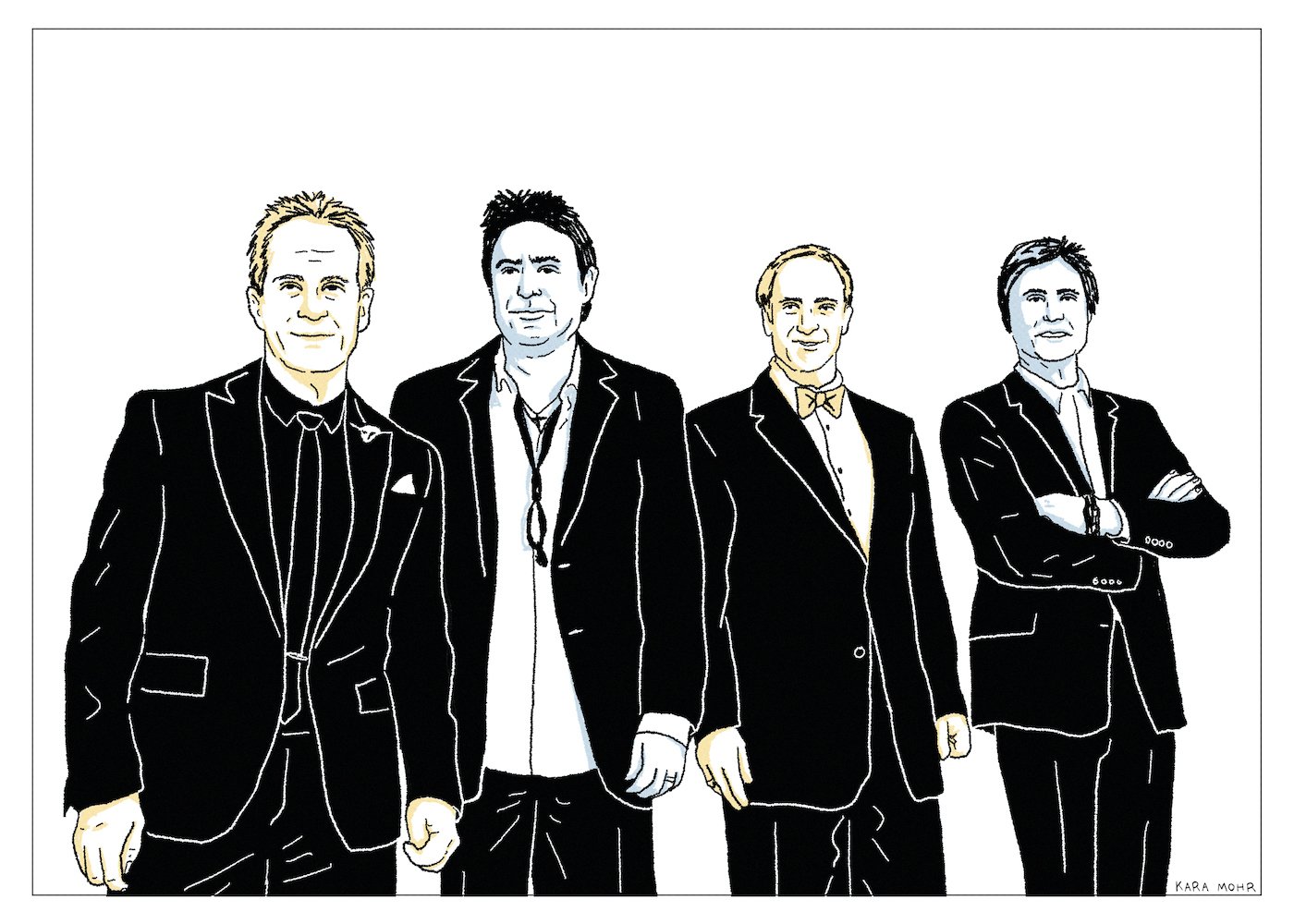
Chicago “Chicago XXXII: Stone of Sisyphus”
Some albums remain hidden because they were not made for public consumption. “The Basement Tapes” comes to mind. Others sit on the shelf because of incessant tinkering. “Chinese Democracy” might fit that bill. Sometimes, as with The Beach Boys’ “Smile” or Jeff Buckley’s “Grace,” the issues are entirely more human. But “Stone of Sisyphus,” Chicago’s thirty second album, recorded to be their twenty second album, is a different sort of animal. It was not released for the most obvious and depressing of reasons: their record label hated it. In its wide embrace of Rap, Slow Jams and Phil Collins, “Sisyphus” marked a return to the band’s eclectic roots. But in its wanton disregard for hits, it also served as a final farewell to the Cetera afterglow and an uncertain hello to the great unknown.
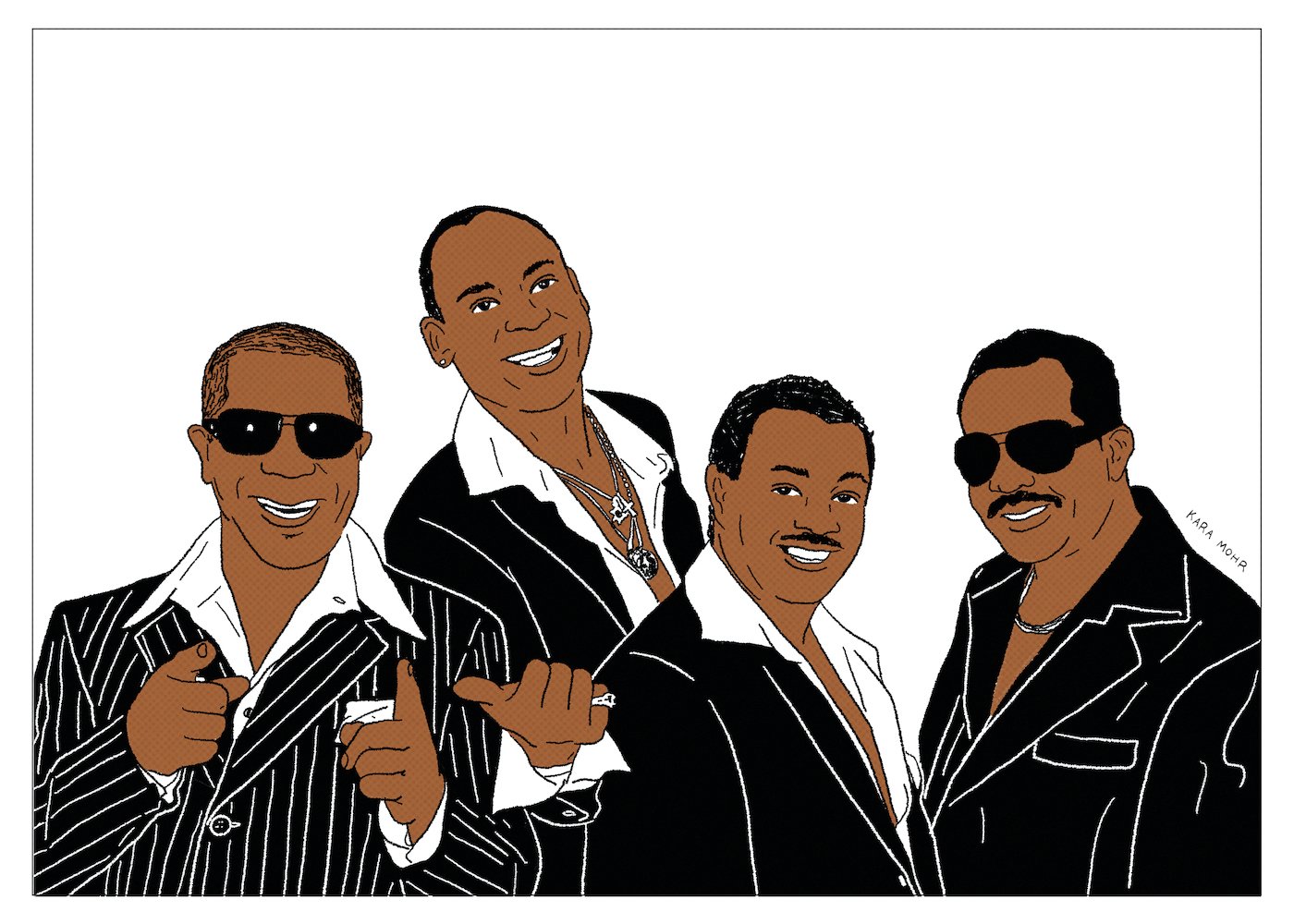
Kool and The Gang “Still Kool”
Many artists straighten out and lighten up as they age. Phil Collins comes to mind. Early Genesis fans could not have imagined “Against All Odds” in the same way that “Sussudio” lovers could not have fathomed “You’ll Be in My Heart.” Similarly, there’s a massive chasm between Cream’s “Tales of Brave Ulysses” and Clapton’s “Change the World.” And yet, compared with Kool & the Gang, those other paths seem almost linear. After nearly twenty years spent dialing down their Jazz and cleaning up their Funk, Kool & the Gang made their way to the top of the charts and into every birthday party, wedding and bar mitzvah the world over. Then, their ensuing hits, from “Joanna” through “Cherish,” got so light that the group began to sound like El DeBarge fronting Chicago. Two decades later, though their classics survived in Hip Hop samples, Kool & the Gang had basically floated away.
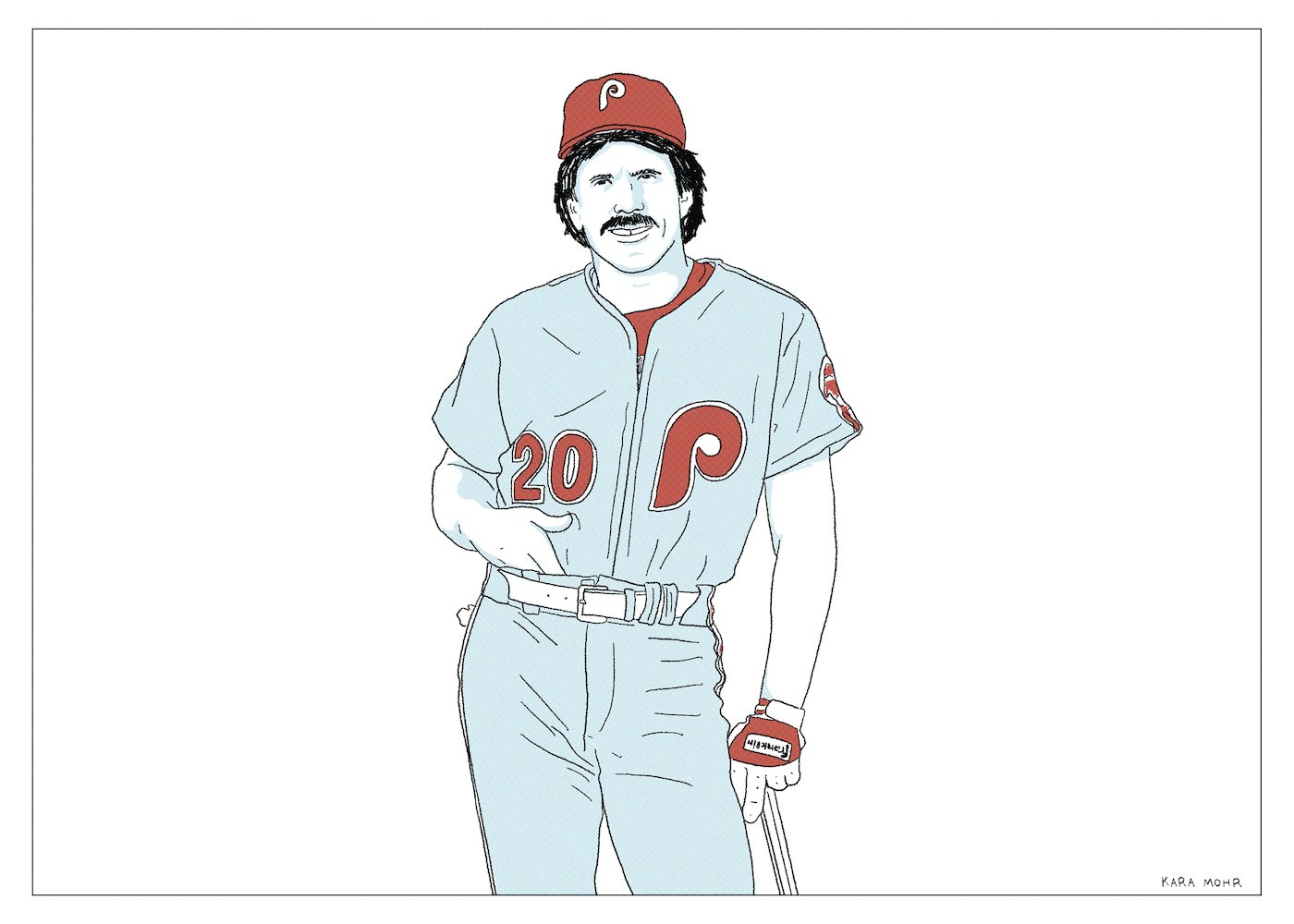
Mike Schmidt “Two Very Bad Knees and a Dream”
Pete Rose was filthy. George Brett had hemorrhoids and a temper. Willie Stargell had a massive gut. Dave Parker and Keith Hernandez smoked in the dugout. Rickey Henderson was from another planet. Half the league was popping pills. And the other half was coked out. The joy of Willie Mays was replaced by the swagger of Reggie Jackson. The 1970s was a decade of lost innocence for major league baseball. The 1980s were perhaps weirder still. What had been a relatively staid game from 1920 through most of the 1960s was suddenly less predictable. In fact, it was becoming downright bizarre. Change was everywhere. Except, of course, at third base in Philadelphia, where Michael Jack Schmidt stood, permed and mustached, for nearly two decades.

Sugar Ray “Music for Cougars”
Years after the clock had counted down from “14:59,” when the endless summer was over and when Mark McGrath went fully blonde, Sugar Ray were on sabbatical. Meanwhile, wunderkind producer, John Abraham, was ascending, cutting records for everyone from Staind to Weezer to Velvet Revolver and Pink. And though in 2008 there was almost nobody on the planet -- including Mark McGrath and his bandmates -- clamoring for a new record from Sugar Ray, Abraham offered the group a deal. Where the rest of us saw a past prime hunk and his band, born from the gunk under Matchbox 20 and Blink 182, Josh Abraham saw unfinished business. So, in 2008, in the face of the zeitgeist, Sugar Ray began recording “Music for Cougars.” Yes — that really is the title.
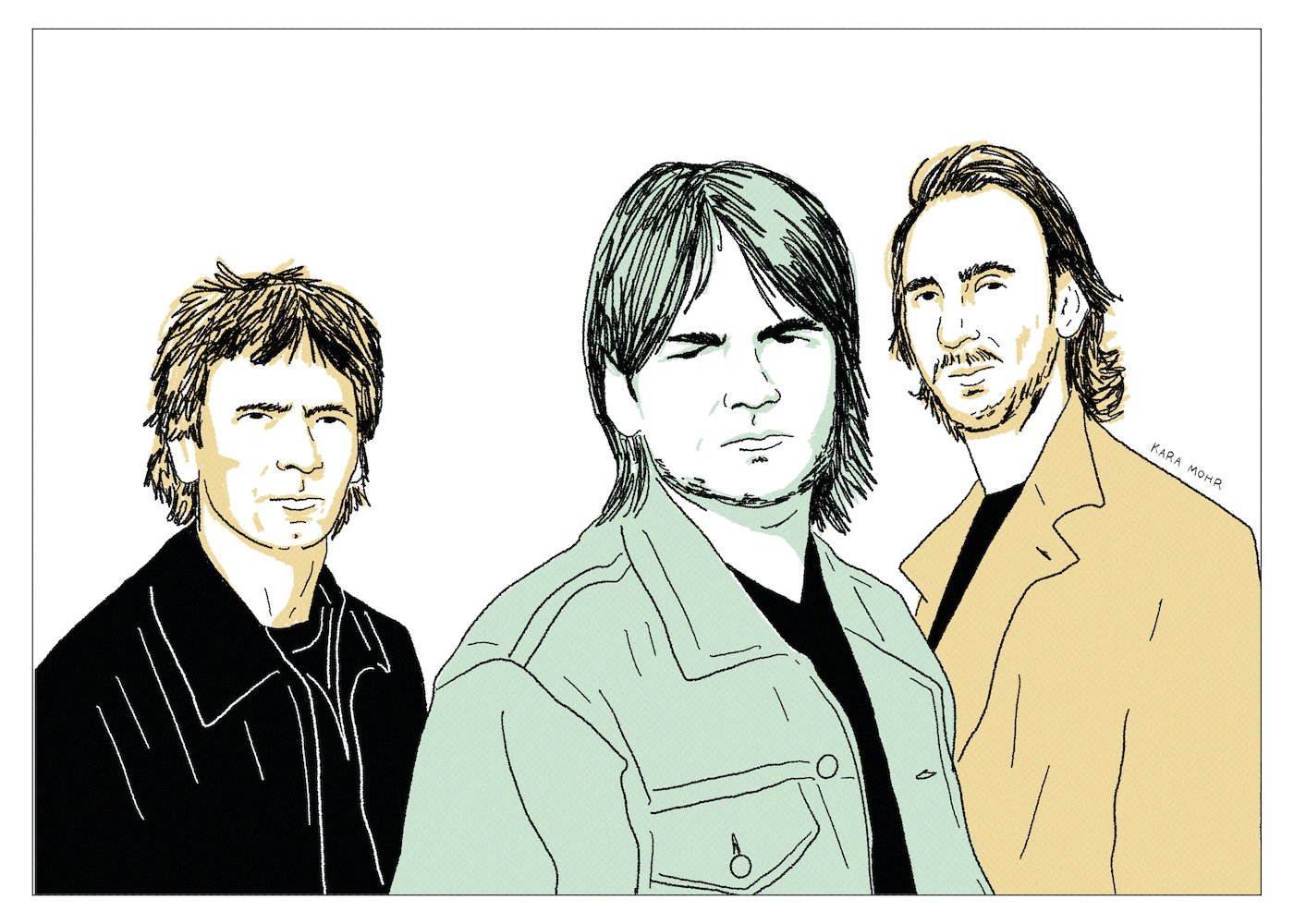
Genesis “Calling All Stations”
We wondered how they could carry on post-Phil. But their story was all about carrying on. First they lost co-founder Anthony Phillips — the “Pete Best” of Prog Rock. Then shape-shifting Prog-king Peter Gabriel. Then guitar savant Steve Hackett. And then, finally, pop icon Phil Collins. By 1996, there were only two men left. Tony on keyboard and Mike on guitar. But, how do you know when it’s time to quit? Why wouldn’t you try to keep going? Sometimes you need tangible proof that it won’t work. And so, Genesis was reborn (again). This time, featuring a younger, grungier, Scottish singer — Ray Wilson of the band Stiltskin. It turned out that “Calling All Stations” was all the proof anyone needed. It was the final Genesis album.
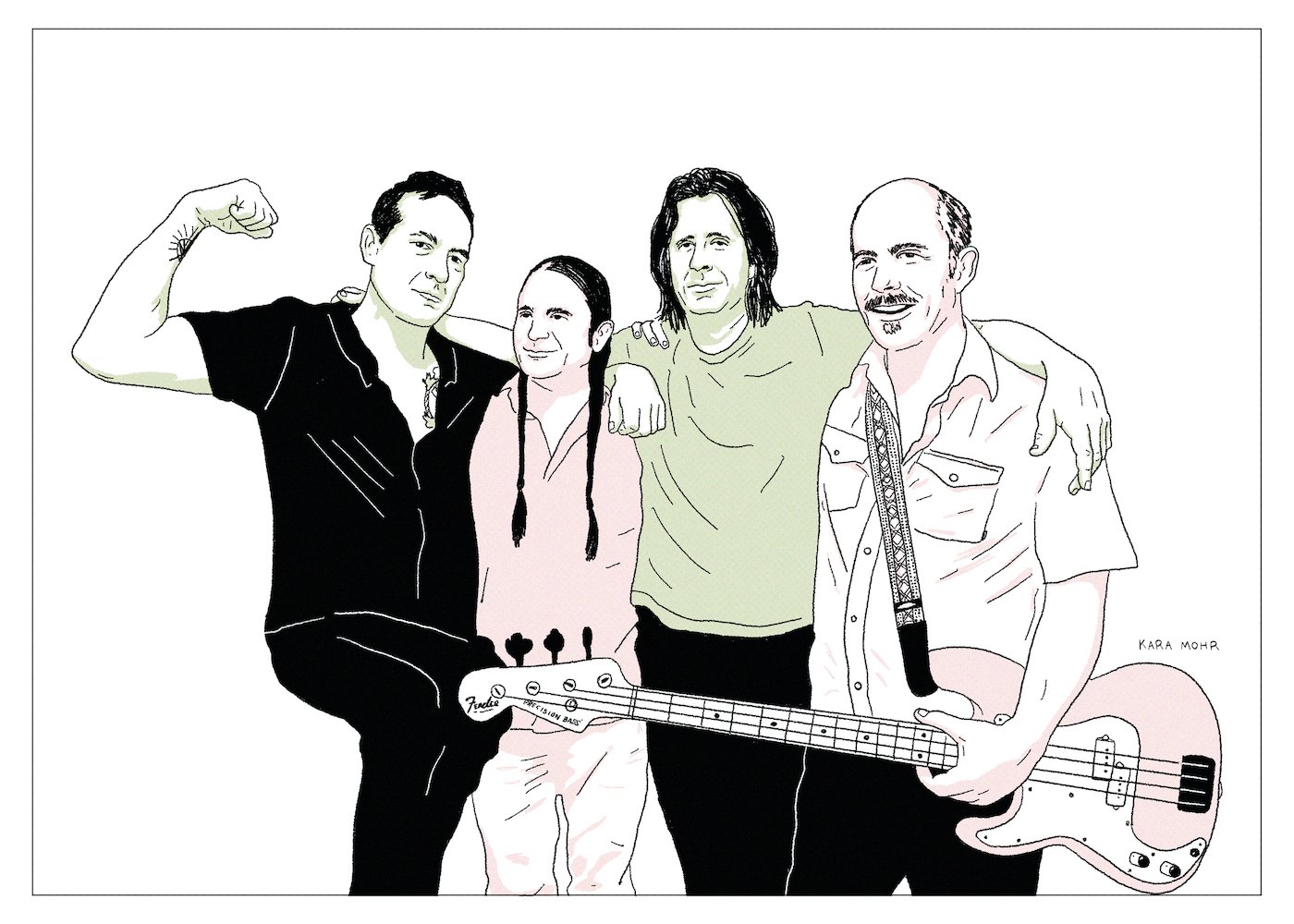
Hot Snakes “Jericho Sirens”
Hot Snakes are a miracle. They are a miracle for how they survived the legends of Drive Like Jehu and Rocket From the Crypt. They are a miracle for how John Reis rolls riffs from a twenty-sided die. They are a miracle for how Rick Froberg screams so loudly, so precisely on tune. They are a miracle for how much force and tension they create and how quickly they release it. They are a miracle for how they disappeared and how, more than a decade later, they came back. But, mostly, they are a miracle for how they marry Rick’s fuck-it-all-ness, with John’s fuck-yeah-ness. That is their greatest miracle.
